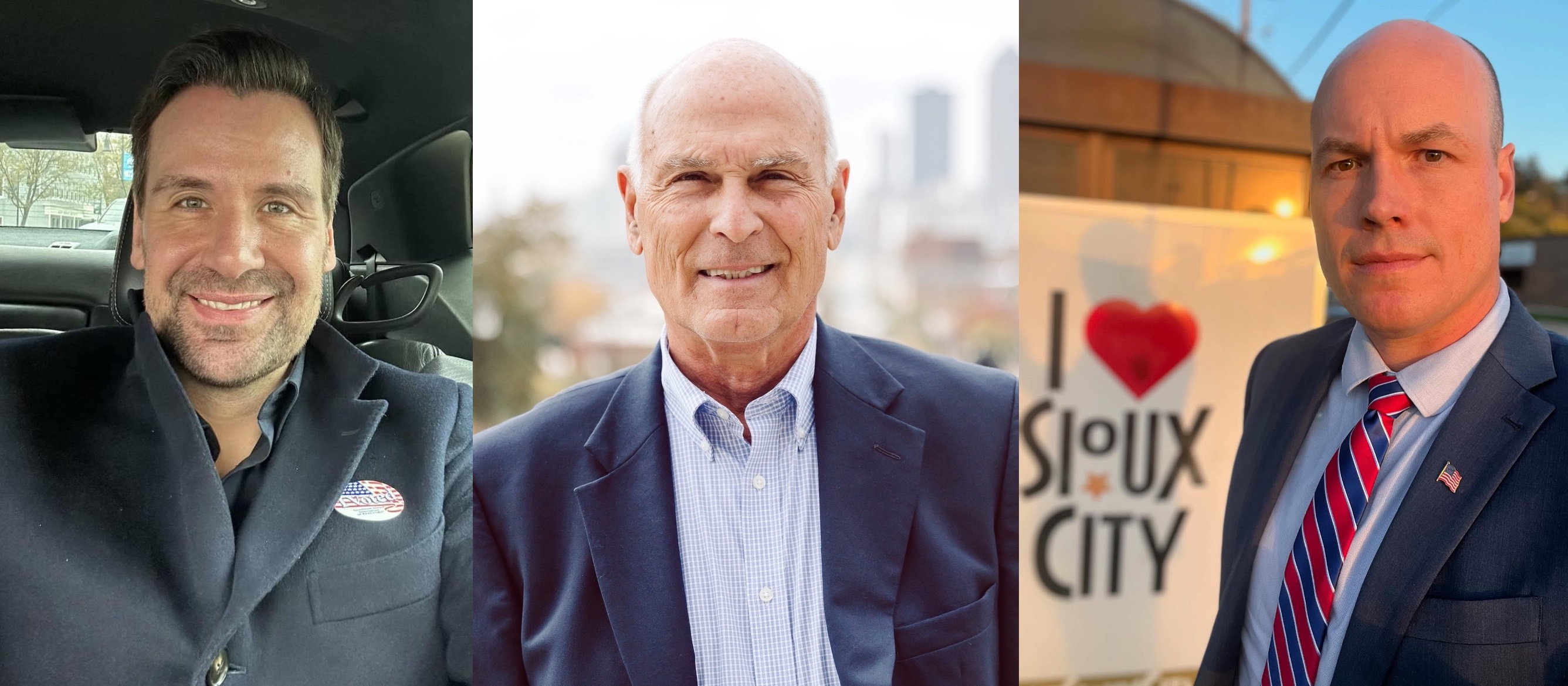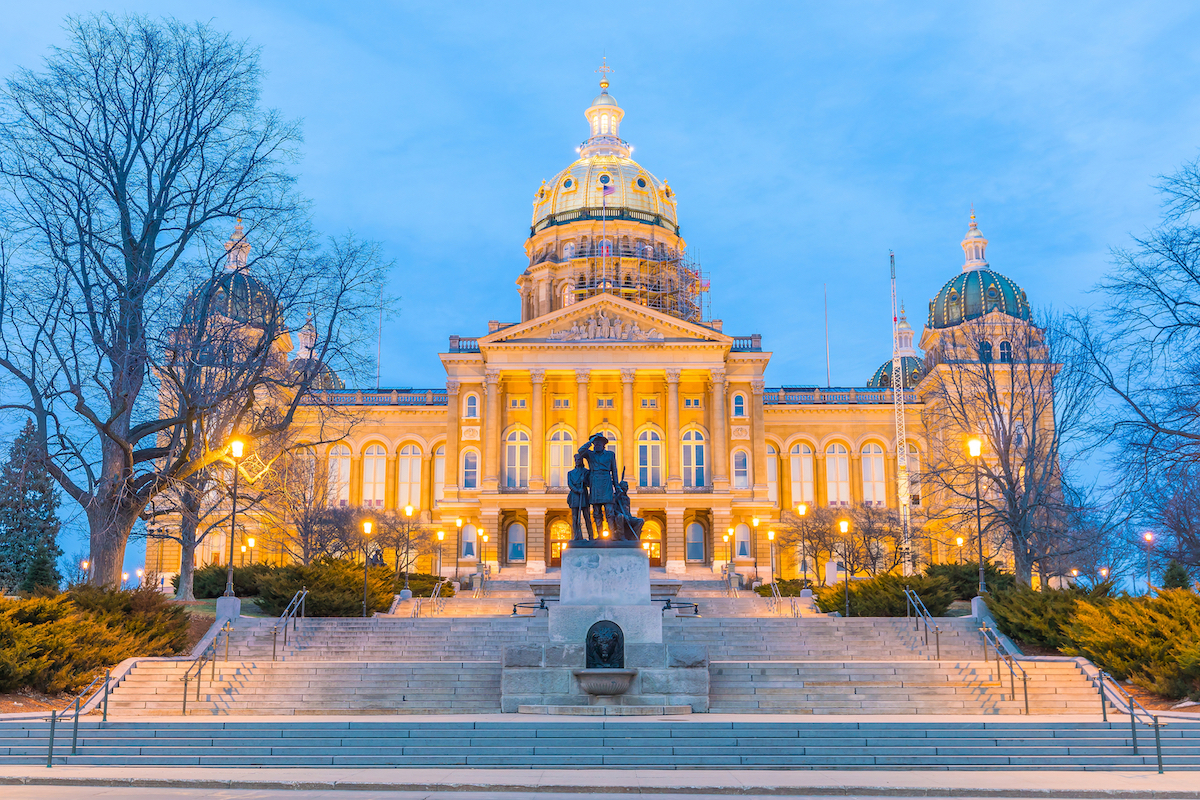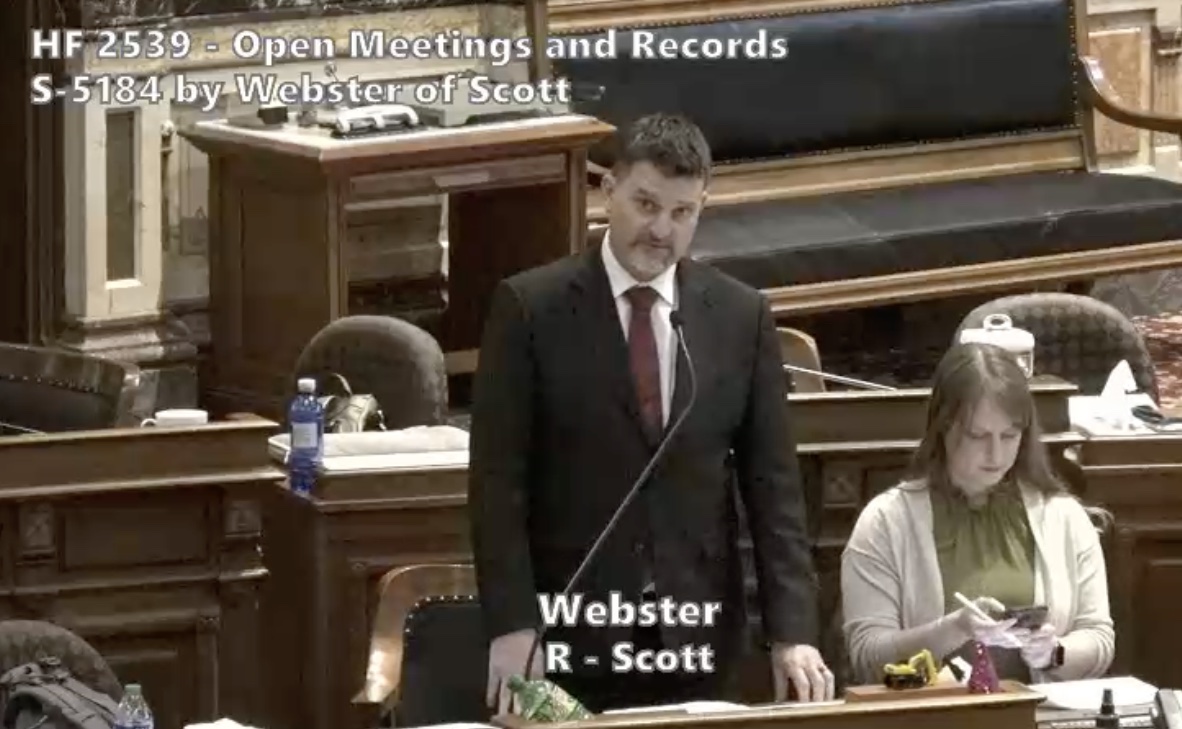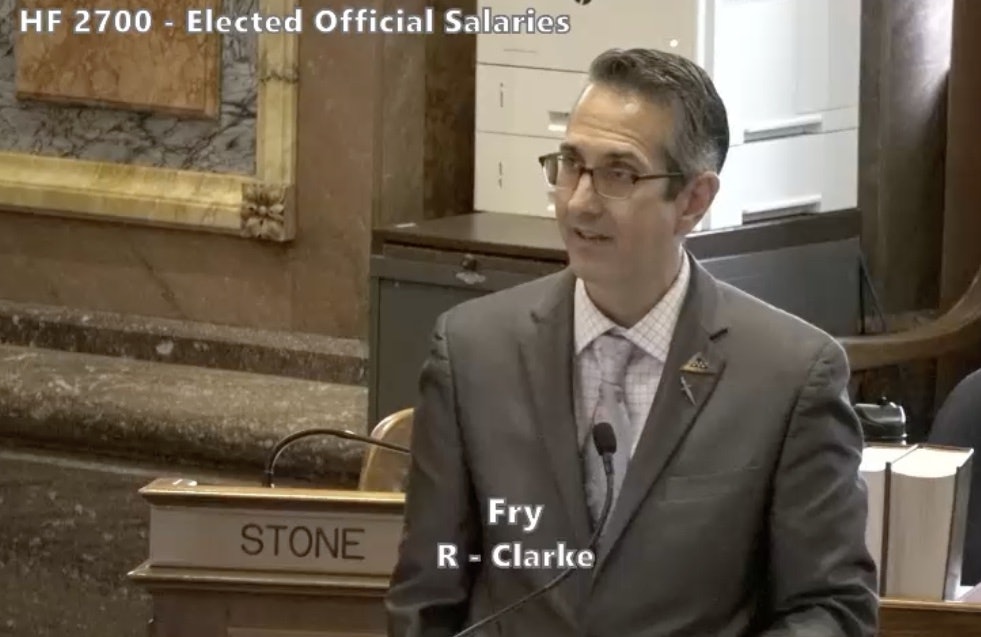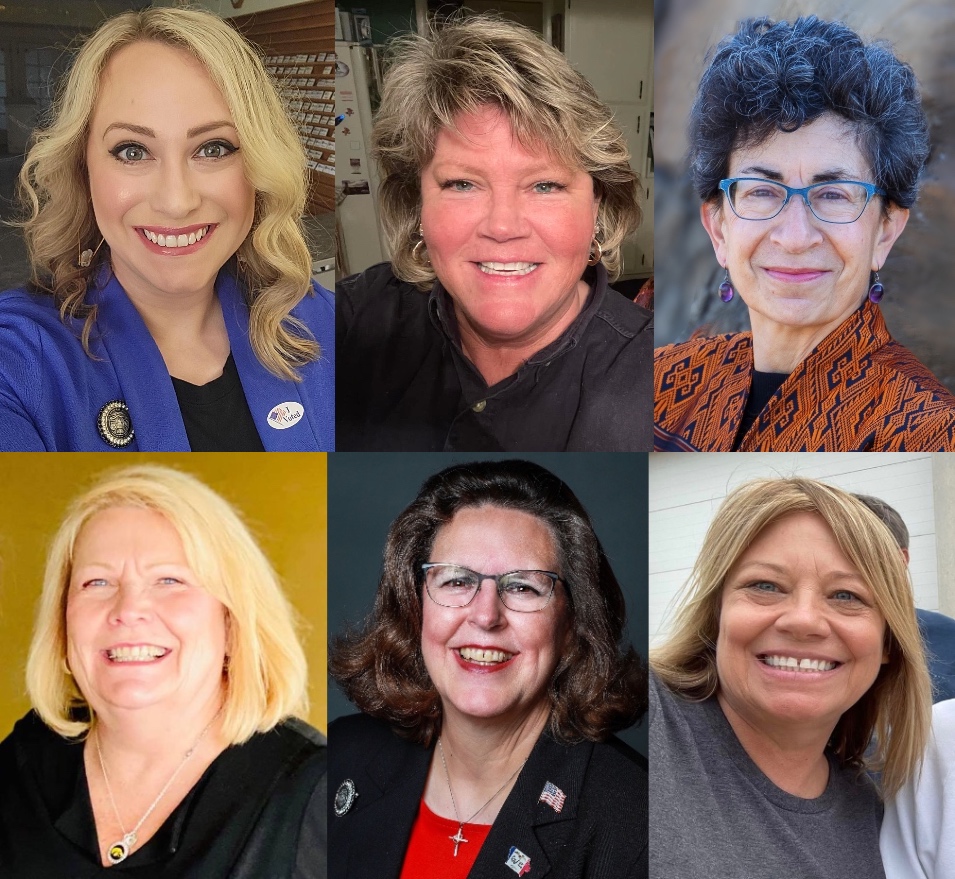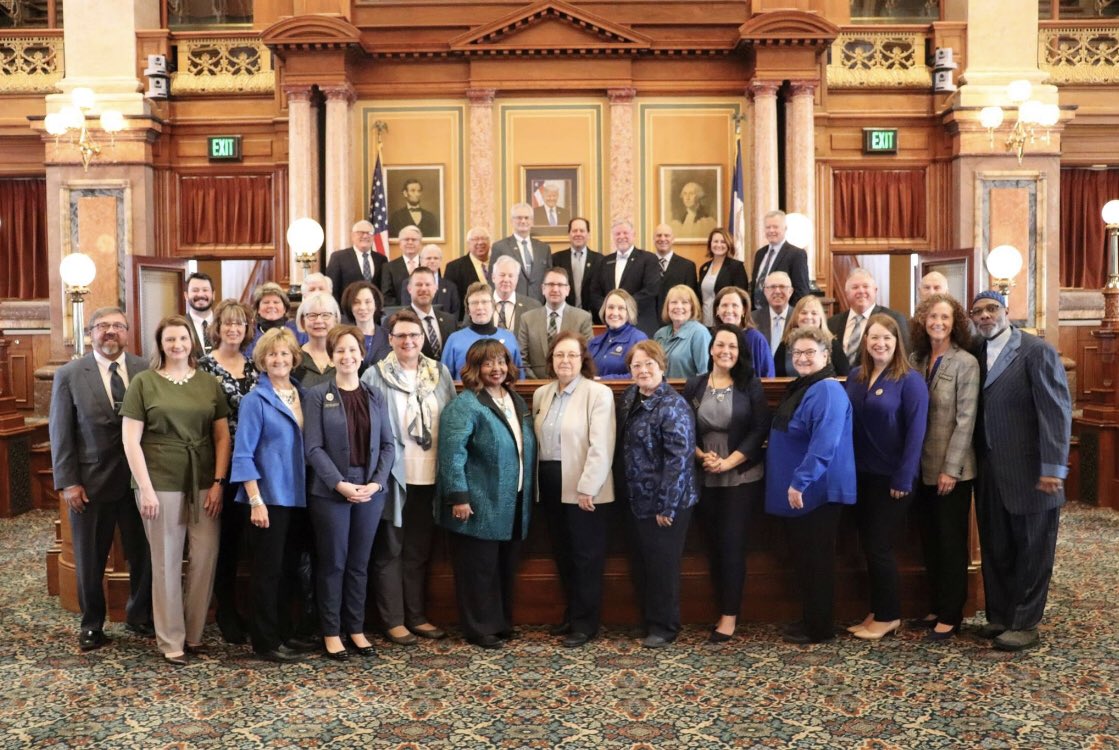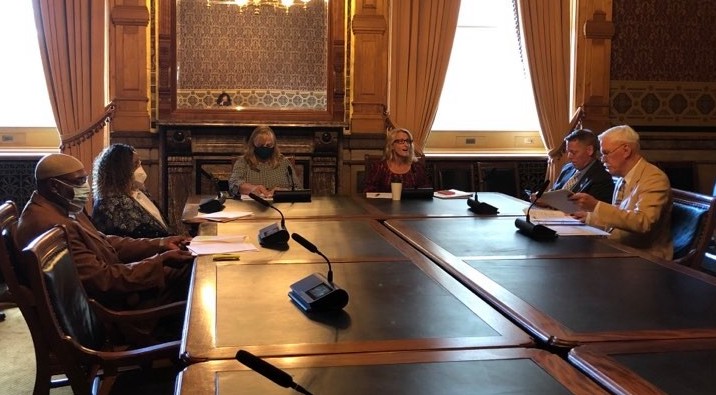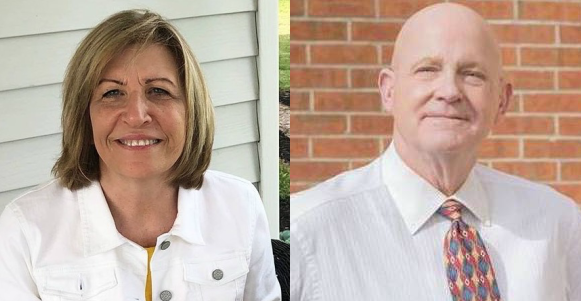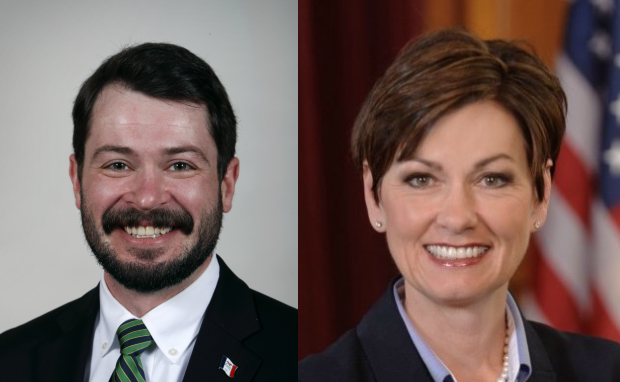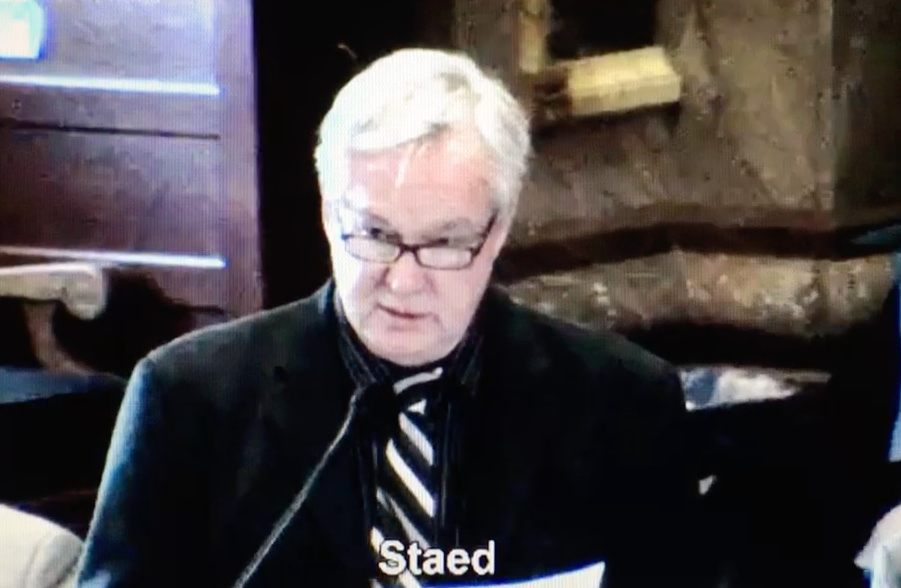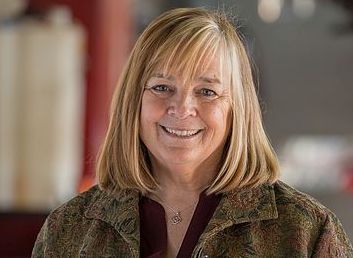Twelfth in a series interpreting the results of Iowa’s 2024 state and federal elections.
Phil Montag is a Des Moines area activist, serves on the Iowa Unity Coalition Board of Directors, and is one of the founders of Veishea Analytics.
Every election cycle produces a wealth of public data, from polling station statistics to voter turnout figures, campaign fundraising and spending data, absentee ballot requests, and audited results. This data exists not just for politicians and media outlets, but for the public as well. It provides transparency, accountability, and evidence-based debunking of misinformation that is prevalent today. With this analysis of the 2024 Iowa State House races, we are hoping to present the data in a new way that will be easy for everyday voters to understand.
In the Iowa State House races that concluded a few weeks ago, the Republican Party of Iowa was able to campaign with a serious cash advantage, although Democrats had much more success at promoting absentee ballot requests and turning out early votes.
The combined fundraising totals for Republican candidates running for the Iowa House was a little more than $12 million. For Democrats it was $6.7 million. Those totals represent what was donated to campaigns directly as well as in-kind contributions that other organizations spent on their behalf. The fundraising graphs enclosed below represent only what was raised in 2023 and 2024. Incumbent candidates whose campaigns started 2023 with cash on hand may have spent more.
Continue Reading...

